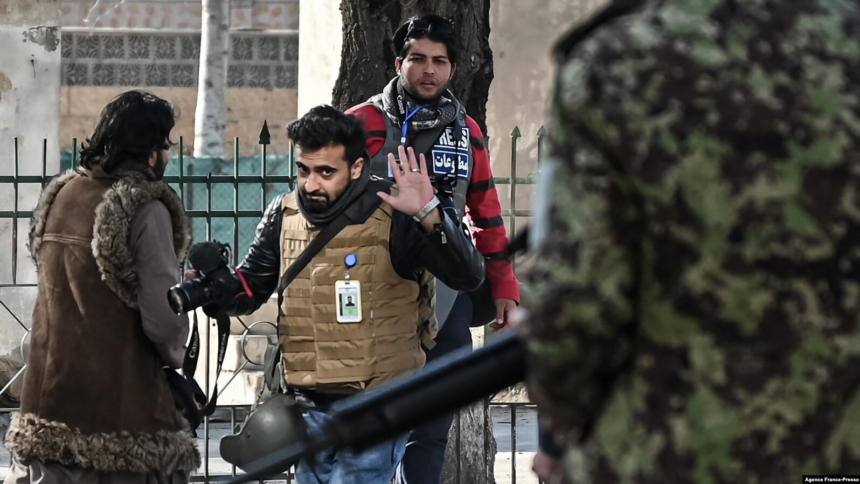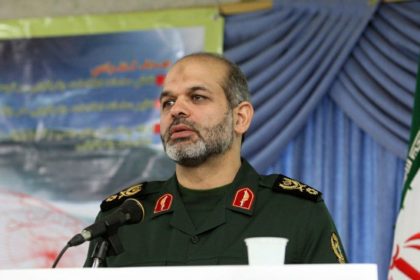RASC News Agency: The Afghanistani media watchdog Nai, now operating from exile after being forced to shut down inside the country, has issued a stark warning about the Taliban’s ongoing war against free expression. In its latest statement released Sunday, Nai described the state of press freedom in Afghanistan as “critically endangered”, warning that journalism is being suffocated beneath the weight of systematic repression, intimidation, and censorship. Since the Taliban’s return to power in August 2021, the group has dismantled the core of Afghanistan’s independent media infrastructure once hailed as one of the region’s boldest post-conflict achievements. Nai’s report paints a grim picture of the current media landscape: newsrooms raided, journalists arbitrarily detained or assaulted, cultural events banned from coverage, and broadcast operations forcibly shut down. The statement also highlights ethnically discriminatory purges, particularly the dismissal of media professionals from minority groups, as a tactic of ideological and racial domination.
“Under Taliban rule, journalism is treated not as a public service but as a threat to authoritarian survival,” Nai declared. “They fear truth, they fear scrutiny, and they fear the voice of the people.” Despite the Taliban’s iron-fisted censorship, Nai emphasized that Afghanistan’s independent press has not been extinguished. “The tree of press freedom still grows in the soil of Afghanistan,” the statement read. “And even in exile, we refuse to allow it to be uprooted.” Nai reaffirmed its commitment to supporting journalists under threat and called on international media institutions, rights bodies, and press freedom coalitions to act decisively. The organization demanded stronger protective mechanisms for Afghanistani reporters, continued funding for exile-based media initiatives, and greater global condemnation of the Taliban’s information blackout.
In the wake of escalating repression, hundreds of journalists particularly women have been driven out of the profession or forced into hiding. Dozens of outlets have shuttered under threat, while those remaining operate in a climate of fear, unable to challenge the regime or report truthfully on its abuses. What is unfolding, Nai warns, is not a temporary restriction, but a deliberate and ideologically driven extermination of press freedom. By wrapping their censorship in the language of religion and “morality,” the Taliban has attempted to legitimize the elimination of independent voices. But in reality, it is nothing more than a totalitarian campaign to monopolize truth, suppress dissent, and rule through fear.
In its closing remarks, Nai issued a powerful reminder: “A nation without a free press is a nation in chains. If the world stays silent, the last sparks of Afghanistan’s journalistic resistance may be extinguished and with them, the hope for an informed, empowered society.”






